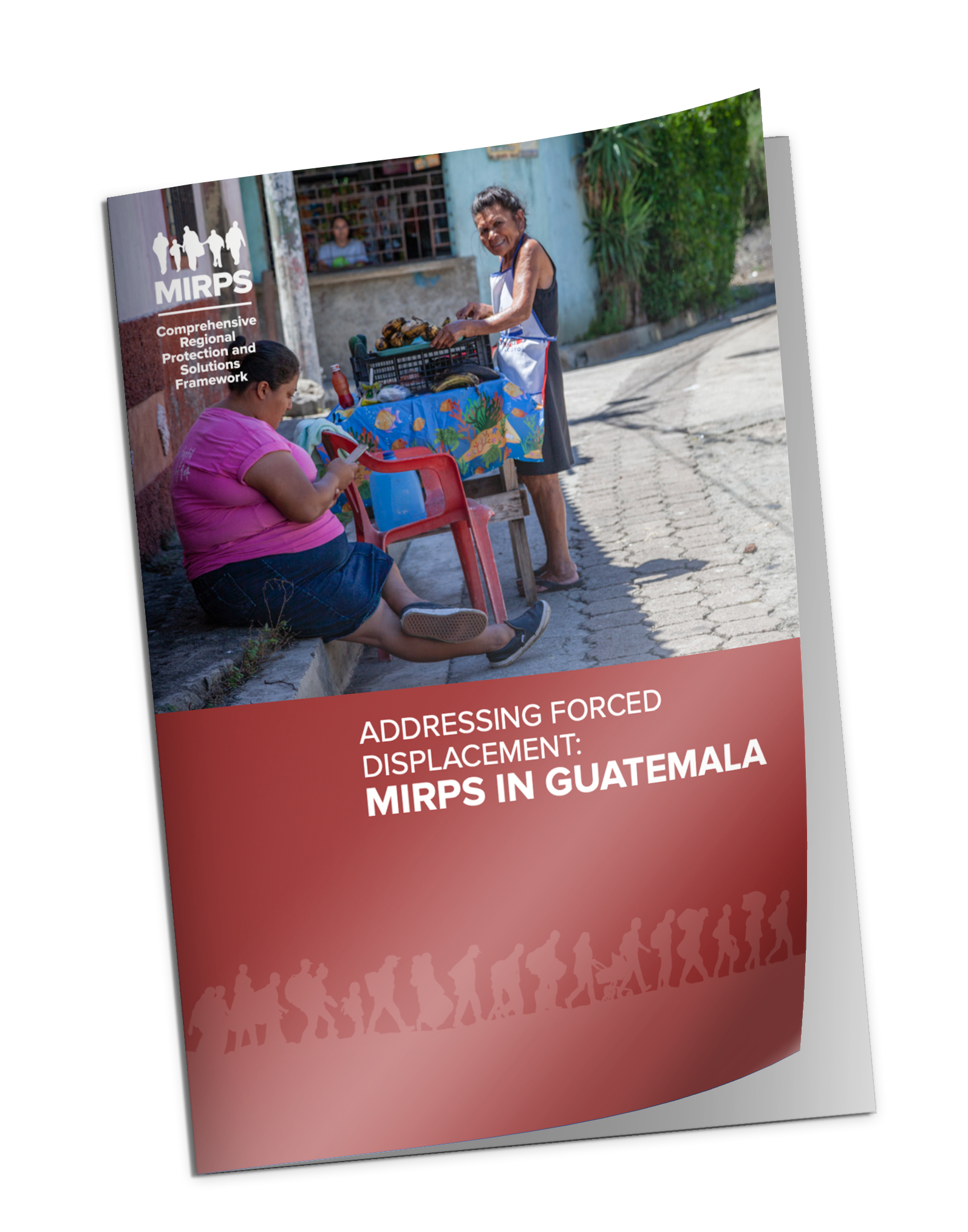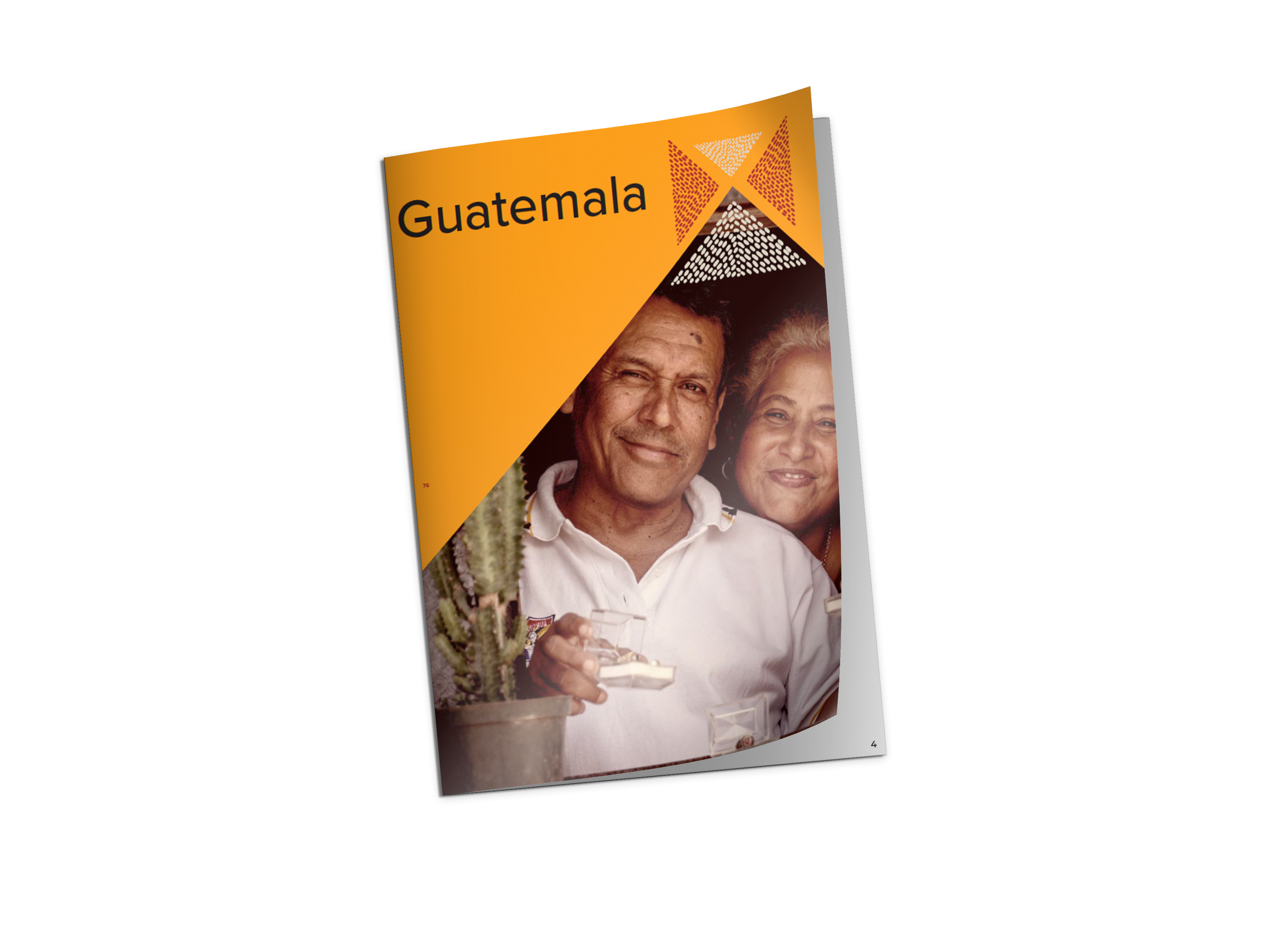Guatemala
MIRPS in Guatemala
Guatemala can be seen from different perspectives: as the country of origin of migrants and refugees, as a country of return, as a host country, and as a transit country, mainly for people from Central America. Guatemala is also becoming a country of refuge for a small but growing number of refugees who seek international protection. To address the situation, Guatemala joined the MIRPS in 2017 and has made progress in the implementation of its commitments to provide protection and solutions for the displaced population. Nonetheless, to address the needs of the thousands of people seeking safety in the country, the support of the international community is needed to ensure the provision of specialized, differentiated, safe, and decent reception conditions, the strengthening of the institutions that govern the protection of children and adolescents in border areas for returnees with international protection needs, and other vulnerable people (LGBTIQ+, survivors of SGBV), and jobs and livelihood opportunities to promote the labour inclusion of refugees and applicants for recognition of refugee status, and returnees with protection needs.
National Action Plan Focus Areas

Protection
11 commitments

Jobs and Livelihoods
5 commitments

Education
3 commitments

Health
4 commitments


